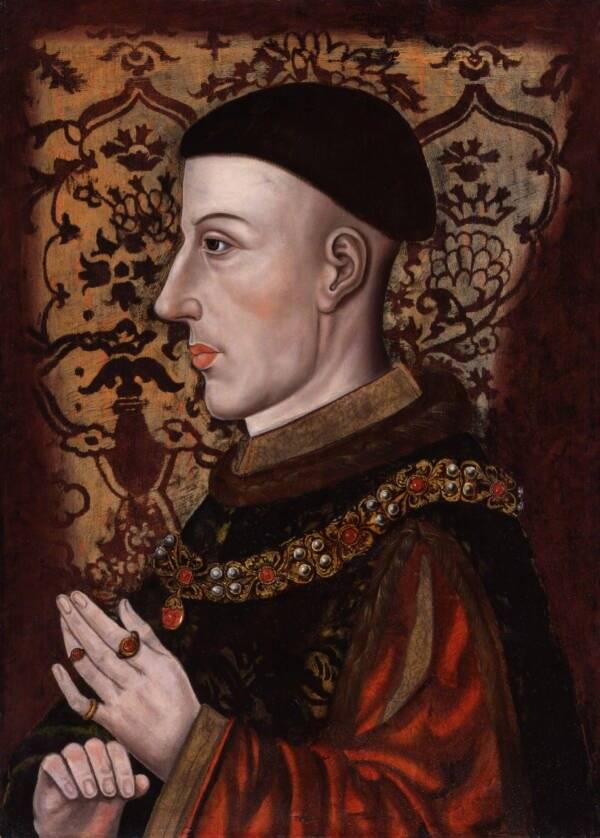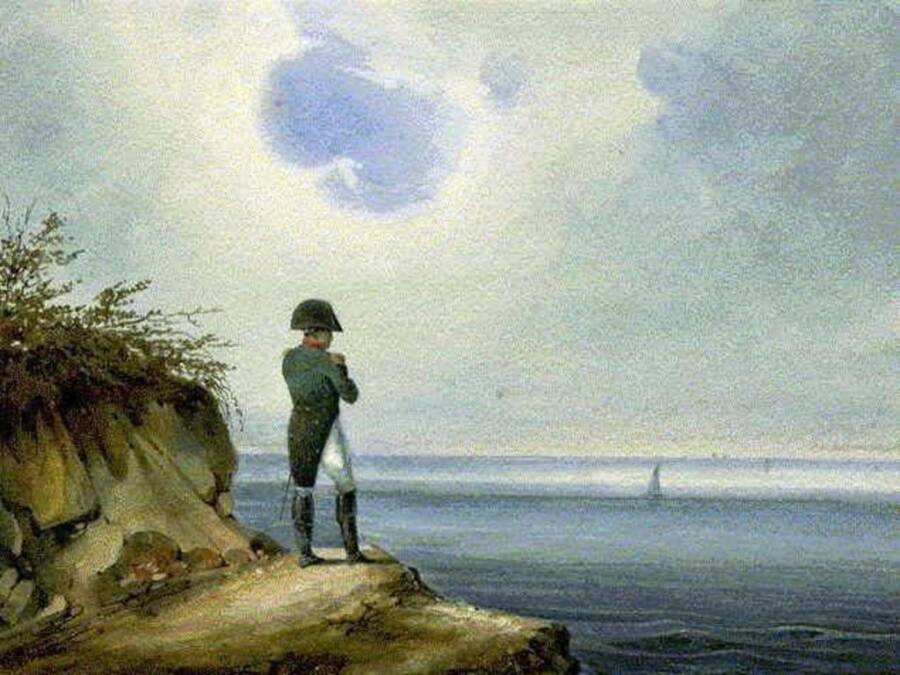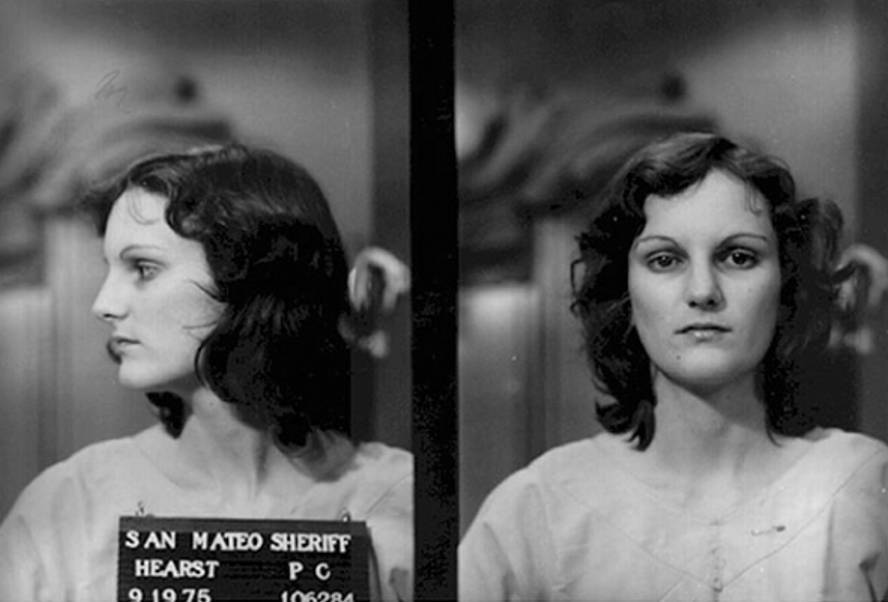What happened on this day in history: Napoleon Bonaparte returns from exile in 1815, Harriet Beecher Stowe's Uncle Tom's Cabin is first published, and more.
43 B.C.E.: Ovid Is Born
Roman poet Pūblius Ovidius Nāsō, better known as Ovid, is born in Sulmo, Italy. Along with Virgil and Horace, Ovid is frequently considered one of the greatest poets of Latin literature. His most well-known work is Metamorphoses, or “Transformations,” a collection of mythological stories about humans transforming into other objects. Ovid was extremely popular during his lifetime, but he was banished to an island on the Black Sea by Emperor Augustus, possibly for adultery.
1413: Henry V Becomes King Of England

National Portrait Gallery/Wikimedia CommonsKing Henry V of England, painted in the late 16th or early 17th century.
King Henry IV dies from an unknown illness, and his son ascends to the English throne as Henry V. He reigned for only nine years, but Henry V’s tenure as king was marked by England’s success in the Hundred Years’ War against France. He is the title character in Shakespeare’s play Henry V, which details his victory over the French at Agincourt. His short reign came to an end in 1422, when he died at the age of 35 following a serious illness, possibly dysentery or smallpox.
1815: Napoleon Bonaparte Returns From Exile
Napoleon Bonaparte returns to Paris from his eleven-month exile in Italy, marking the beginning of the “Hundred Days,” or the War of the Seventh Coalition. Back in Paris, he raised an army in an effort to regain power.

Wikimedia CommonsNapoleon Bonaparte on St. Helena in 1820.
The period between March 20th and July 8th marked the time between Napoleon’s homecoming and King Louis XVIII’s restoration to the French throne. During the Hundred Days, Napoleon was defeated at Waterloo and exiled once again, this time permanently, to St. Helena.
1852: Harriet Beecher Stowe Publishes Uncle Tom’s Cabin
Uncle Tom’s Cabin, Harriet Beecher Stowe’s famous anti-slavery novel, is published to immense success. Within just three months, more than 300,000 copies had been sold. The book greatly influenced much of America’s views on slavery, and Abraham Lincoln reportedly said to Stowe in 1862, “So this is the little lady who made this big war.” Today, the novel remains one of the most noteworthy texts in American history.
1928: Fred Rogers Is Born

Family Communications Inc./Getty ImagesFred Rogers posing with a trolley from his beloved children’s show Mister Rogers’ Neighborhood in 1980.
Fred McFeely Rogers, better known simply as Mister Rogers, is born in Latrobe, Pennsylvania. He was a shy child, but he excelled in school, and he went on to earn a Bachelor of Divinity from Pittsburgh Theological Seminary and become an ordained minister. Soon, however, he realized his passion was in television. Rogers is best known for his long-running children’s show, Mister Rogers’ Neighborhood, which aired from 1968 until 2001.
1976: Patty Hearst Is Convicted Of Armed Robbery

San Mateo County Sheriff’s Office/Wikimedia CommonsPatty Hearst’s mugshot following her arrest for bank robbery.
Patty Hearst, the granddaughter of newspaper tycoon William Randolph Hearst, is convicted of bank robbery and sentenced to 35 years in prison.
Hearst was caught on camera holding up a bank in San Francisco in 1974, though she later claimed she’d been brainwashed by the Symbionese Liberation Army, a far-left organization. Hearst’s sentence was later commuted by President Jimmy Carter and she was pardoned by President Bill Clinton in 2001.



